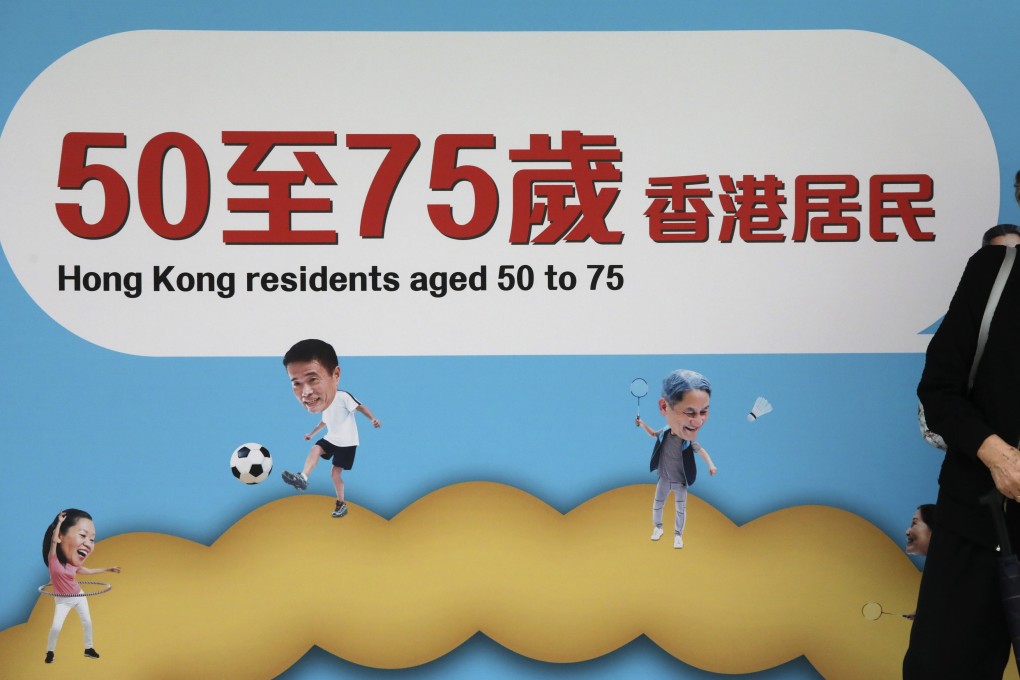Letters | Colorectal cancer: help elderly Hongkongers make the most of early screening services
- Despite government subsidisation, colorectal cancer screening uptake rates in Hong Kong remain low. A survey suggests that increased promotion of the subsidised screening programme for elderly Hongkongers is required

Colorectal cancer is one of the most common forms of the disease diagnosed in Hong Kong. It is often asymptomatic in the early stages, and screening can effectively detect and prevent this cancer.
Faecal occult blood tests (FOBT), sigmoidoscopies and colonoscopies are common tests performed to detect the condition. To promote the service, the Department of Health in September 2016 launched a three-year voluntary colorectal cancer screening pilot programme. In 2018, the programme was regularised, and in 2020, it was finally fully implemented, to subsidise such screening among asymptomatic Hong Kong residents aged between 50 and 75.
The decision to undergo screening can be influenced by a variety of factors.
A research team from the Chinese University of Hong Kong conducted a survey to review colorectal cancer screening uptake among asymptomatic average-risk Chinese individuals aged 50 to 75 and to identify the association between individual and community factors, government subsidies and uptake rates.